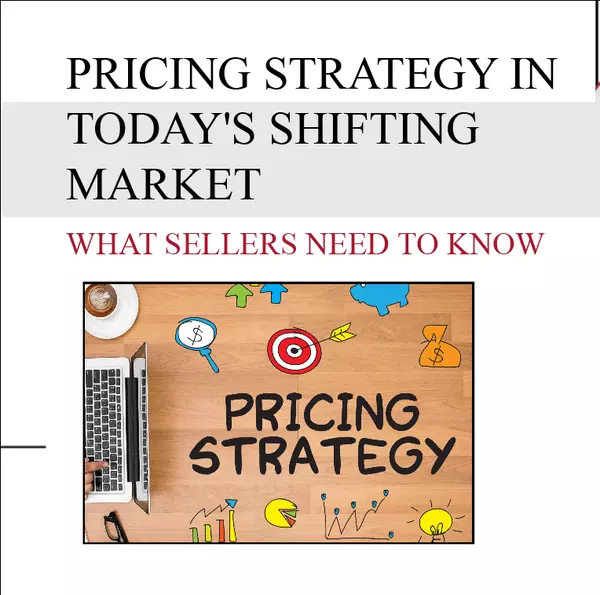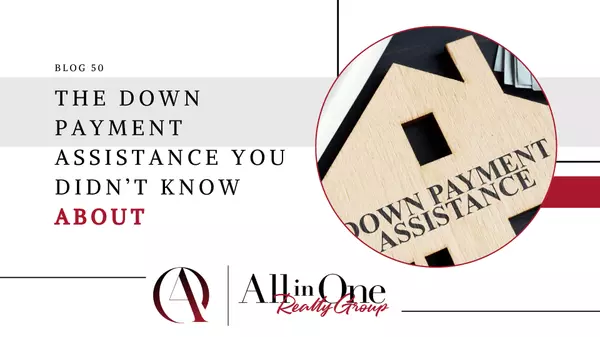
The Great Wealth Transfer: A New Era of Opportunity
In recent years, there’s been a significant shift in how wealth is distributed among generations. It’s called the Great Wealth Transfer. Historically, the transfer of wealth from one generation to the next was a more gradual process, often limited to smaller amounts of inheritance or family savings

Reasons To Move in Today’s Shifting Market
The housing market is in a transition. And that gives you 3 key opportunities going into the fall. There are more homes actively for sale. Builders are motivated to sell, so a newly built home may be more achievable than you think. And mortgage rates have come down from their recent peak. If yo

How To Choose a Great Local Real Estate Agent
Selecting the right real estate agent can make a world of difference when buying or selling a home. But how do you find the best one? Here are some tips to help you make that big decision as you determine your partner in the process. Check Their Reputation Start by gathering information about agent
Categories
Recent Posts












